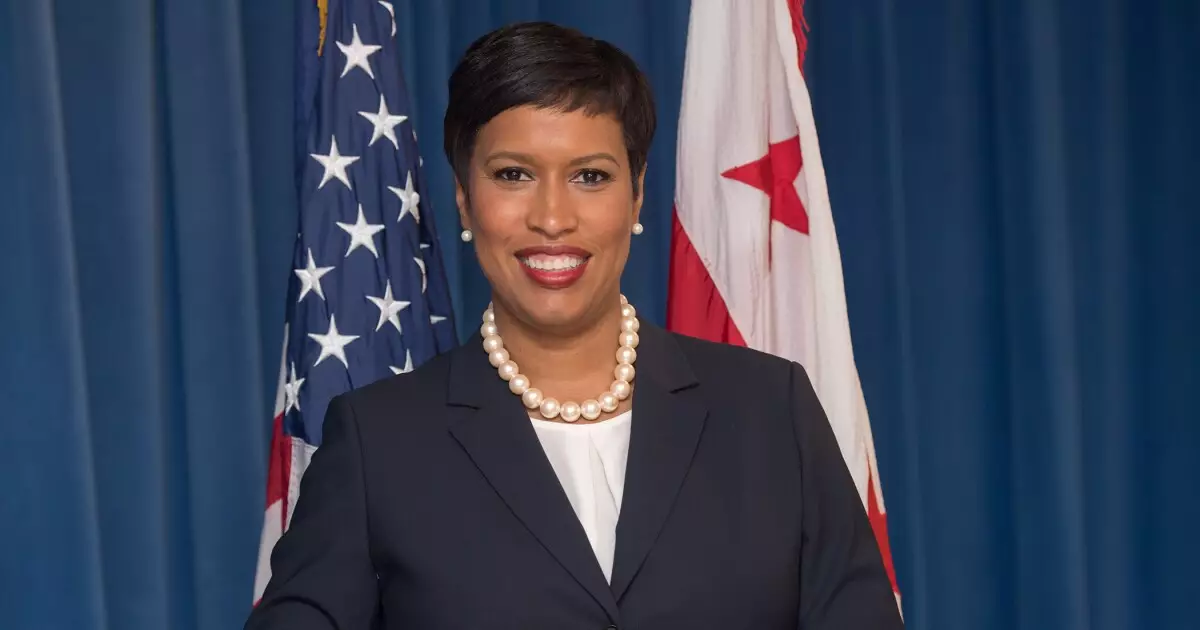In a historic move, the Washington, D.C. City Council has allocated substantial funding aimed at rejuvenating the city’s sports venues and associated infrastructure. The approval includes a sizable $515 million investment for the renovation of Capital One Arena, the home ground for both the National Basketball Association’s Washington Wizards and the National Hockey League’s Washington Capitals. Mayor Muriel Bowser expressed the city’s vision, highlighting the potential social and economic benefits derivatives from modernizing this central sporting venue, stating, “By modernizing this key venue, we will not only attract more events and visitors but also stimulate local businesses and create a vibrant atmosphere in the area.” This marks a pivotal moment not merely for the teams, but for the broader community, as it sets the stage for economic revitalization.
At the heart of this endeavor lies a commitment to local enterprise, with the city setting ambitious hiring targets. The agreement dictates that a minimum of 40% of contracts will be awarded to certified business enterprises, with aspirations to increase that figure to 50%. This approach not only emphasizes inclusivity within the economic framework but also aims to ensure that the financial benefits of the renovation permeate through local communities. The renovation will create around 5,000 jobs, which indicates significant opportunities for employment amid a landscape still recovering from the impacts of the global pandemic.
The financial intricacies of the project reveal a blend of public and private investment. The City of D.C. is set to purchase the arena from its current possessor, Monumental Sports & Entertainment, for $87.5 million. As part of the agreed terms, Monumental will contribute at least $285 million for the renovation aspects. Such cooperation between public entities and private stakeholders evokes hope for a successful outcome, merging the interests of both sectors in a way that benefits the wider community.
The decision to revitalize the adjacent Gallery Place shopping mall indicates a holistic approach to urban renewal. As this area suffered a significant decline during the pandemic, reinvigorating local businesses becomes paramount for fostering a thriving neighborhood. Coupled with plans for a comprehensive renovation, the revitalization project promises to create a lively and engaging environment conducive to both sports enthusiasts and casual visitors alike.
The city’s binding agreement requiring the teams to compete in Washington through 2050 further solidifies their long-term presence, aptly countering prior attempts to relocate to a purpose-built arena complex in Alexandria, Virginia. This hard stance reassuring fans of the teams both legitimizes the investment and enhances the city’s identity as a multifaceted sports hub.
Nevertheless, this initiative is not without its challenges. Previous discussions have revealed tensions surrounding labor requirements, particularly the hiring of local firms and union regulations. These issues must be navigated carefully to ensure that the project stays on course. Financially, the city will issue new debt to facilitate its commitments, requiring a delicate balance to ensure that public funds are managed responsibly and effectively.
Additionally, the D.C. government has concentrated efforts on securing the currently vacant RFK Stadium site, which has significant historical and cultural relevance. The potential renovation of this 174-acre venue could entice the NFL’s Washington Commanders to return to their former home, thereby enriching the city’s sports culture further. However, the transfer of ownership is fraught with complexity, as it involves maneuvering through the intricacies of federal leasing and congressional approvals.
The Washington D.C. City Council’s green light on funding poses a significant opportunity for revitalizing not only its sports infrastructure but also the overall urban landscape. The socio-economic implications of these ambitious plans may pave the way for a dynamic future that significantly benefits local communities. As Washington D.C. endeavors to balance tradition with modernization, it remains incumbent upon all stakeholders to engage with transparency and integrity to foster a thriving sporting and community spirit in the nation’s capital.


Leave a Reply